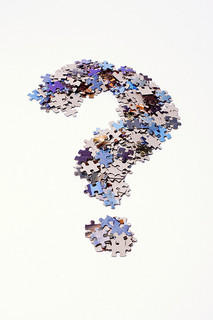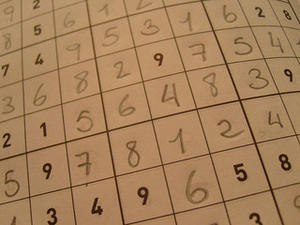If you love puzzles, you’re likely always looking for new styles to challenge your mind. Sliding puzzles are great options for anyone who wants to improve his or her special reasoning and logic skills, and there are countless different ways to play.
Sliding puzzles involve moving flat pieces along certain routes.
The end game of most sliding puzzles is to reach a certain configuration, which makes it important to consider your next move with each current move you make.
Sliding puzzles can use a variety of different pieces.
Many sliding puzzles use marbles enclosed in a board, while others use blocks, tokens, or even digital game boards to play online.
Players are not permitted to lift pieces off of the board.
This is the main difference between sliding puzzles and other types of rearrangement puzzles. Because you are unable to lift the pieces to move them, it’s important to clear a space for future moves.
Sliding puzzles are fairly common and easy to find.
Some popular sliding puzzles are the original Fifteen Puzzle, Inakube, Klotski, Minus Cube, and Jumbly.
Sliding Puzzles [Wikipedia]


 Equal Housing Opportunity
Equal Housing Opportunity